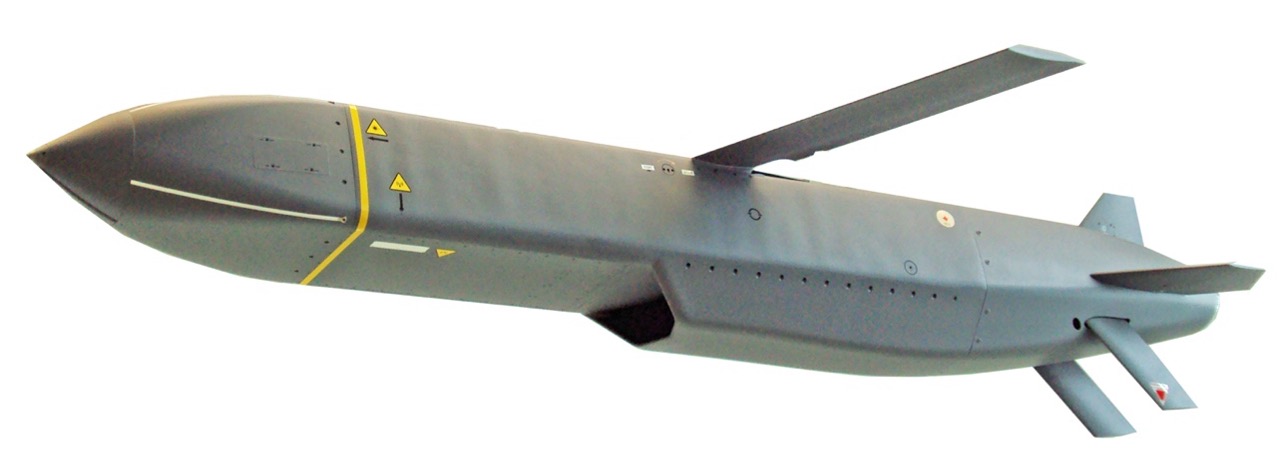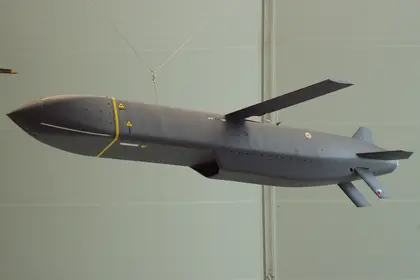President Zelensky has long-requested the provision of long-range weapons that would allow Ukraine to strike deep into Russian-occupied territory and a new report suggests those demands could soon be met.
The West’s reluctance so far was largely based on a fear that Ukraine would use them to strike deep into Russia itself. Kyiv has repeatedly assured its partners that it had no intention of doing so.
- View the latest war in ukraine update in the Kyiv Post’s news stories released today.
- View the most up-to-date Ukraine news articles published today.
JOIN US ON TELEGRAM
Follow our coverage of the war on the @Kyivpost_official.
A Washington Post report, on May 8, gave indications that the UK believes those assurances and is getting ready to send long-range missiles to Kyiv.
The UK government manages the International Fund for Ukraine (IFU), which is a funding mechanism that procures priority military assistance for Ukraine on behalf of seven international partners (UK, Norway, Netherlands, Denmark, Sweden, Iceland and Lithuania). This month IFU ‘calls for interest’ (CFI) have posted CFIs for a wide range of equipment including air-defense radar and automatic anti-aircraft gun systems; mobility support including mine clearance and combat bridging equipment.
A CFI, published on May 2, gave manufacturers three days to register their interest in the supply of a ‘long-range strike capability’, with a planned contractor decision date of June 5. Analysis of the requirement suggests that the IFU has a specific munition in mind. The main elements of the requirement specified:

What if Russia Wins?
· A missile or rocket with a range 100-300km;
· Land, sea or air launched;
· A payload of 20-490kg;
· A low probability of intercept (LPI) capability;
· Includes a mission planning capability;
· Offers assured navigation (using a hardened Global Navigation Satellite System);
· Air defense penetration methods to increase probability of successful strike.
This specification closely matches the MBDA missile systems ‘Storm Shadow’ air-launched cruise missile. MBDA is joint venture between three European aerospace and defense companies: Airbus (European), BAE Systems (UK) and Leonardo (Italy).

| Storm Shadow cruise missilePhoto: RAF Museum
|
Storm Shadow is a a fire and forget cruise missile, which is programmed before launch. The missile follows a semi-autonomous low flight path (10-15 m), at a speed of 0.8 Mach, guided by GPS and terrain mapping to the target area. Once close to the target, the missile climbs to a height that allows its advanced sensors to confirm the target, before diving onto the objective. It is equipped with the two stage ‘Bomb Royal Ordnance Augmented Charge’ (BROACH) warhead, made up of an initial shaped charge penetrator which opens a path for the following 450kg warhead to enter and destroy the target.
The normal range of the missile, for NATO users, is 560 km, but it is understood that there is also an ‘export’ version that has a 300 km range. This shorter range allows it to be exported in compliance with the international missile technology control regime (MTCR) restrictions. This is the version likely to be provided to Ukraine. It is also understood that MBDA has recently been working on modifications to the missile, which would allow it to operate from Ukraine’s existing fleet of former-Soviet aircraft without further adjustment.
Storm Shadow would be good news for Ukraine, as it prepares for its forthcoming counteroffensive. The ability to strike that far behind Russia’s front lines, against headquarters and logistic supply lines, would help clear the way for a ground assault with tanks and infantry troops.
Although a UK spokesperson claimed that no final decision has been made on the type, timing or quantity of weaponry under consideration, the very short CFI and contract award timescales suggest the decision-making process is could already be quite advanced.
You can also highlight the text and press Ctrl + Enter






